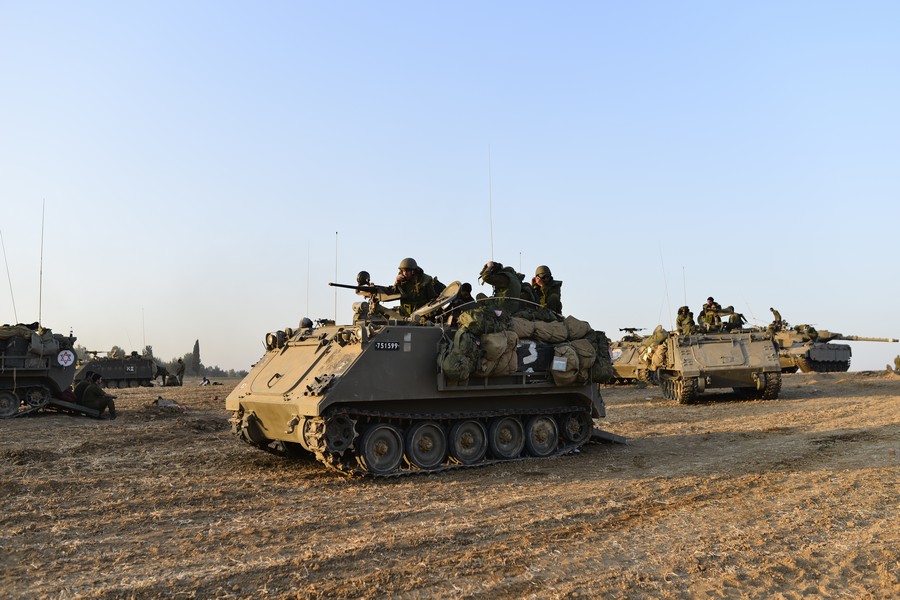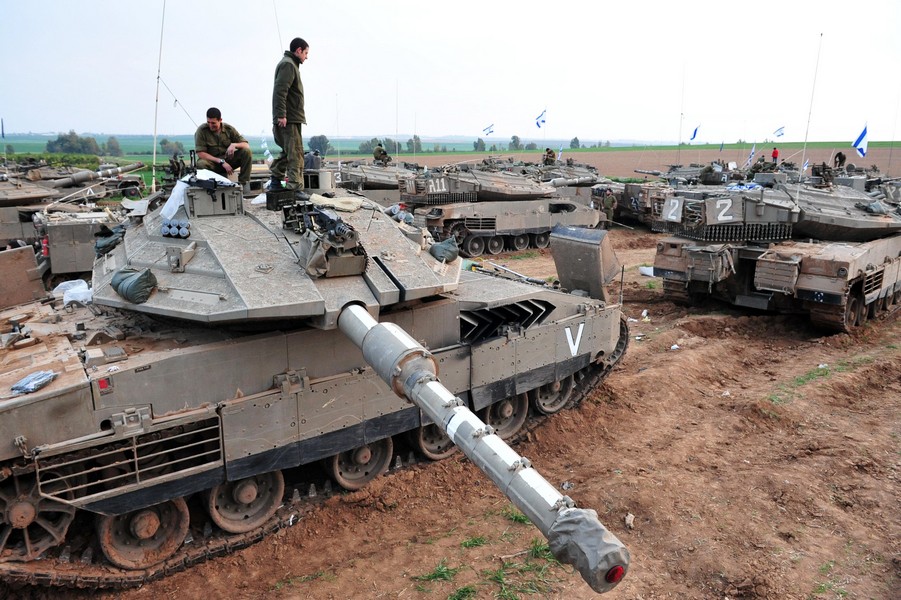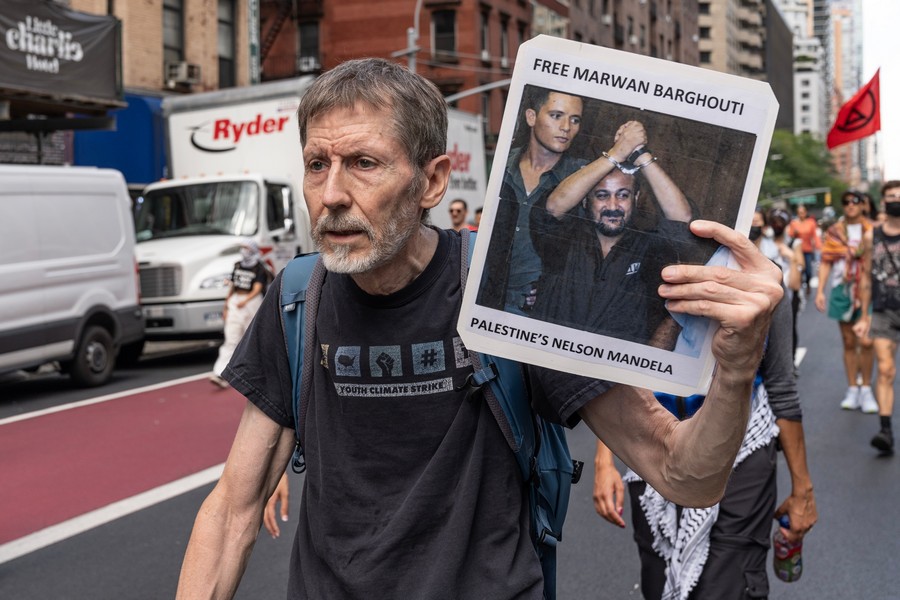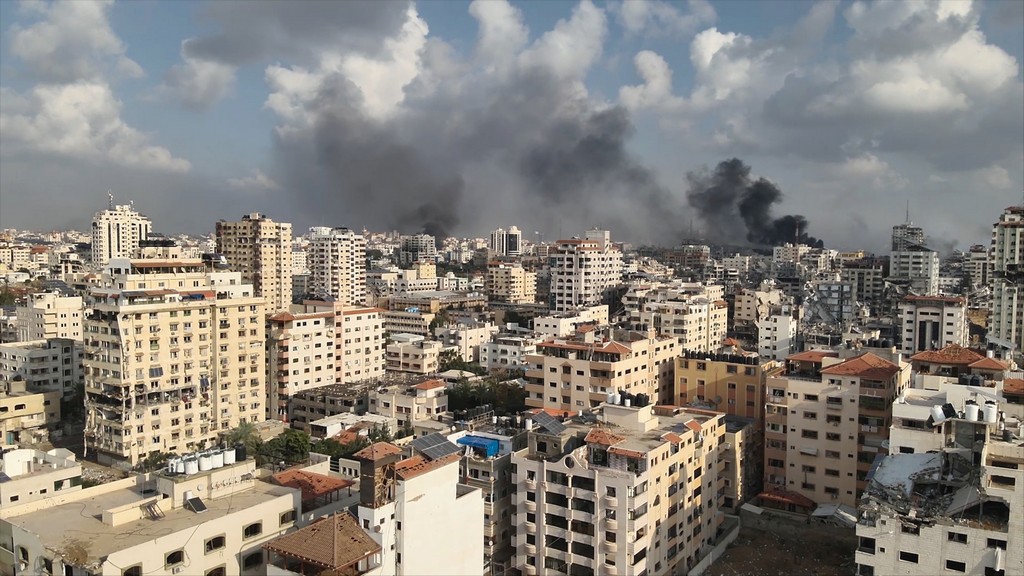The Post-Gaza War Challenges: Disarmament, Turkey, and Border Security
Asher Fredman discussed the challenge of disarming Hamas, stating that the proposed International Stabilization Force and Palestinian police are highly unlikely to succeed in disarming Hamas, requiring Israel to set a firm deadline (one to three months) for progress before taking unilateral action. Additionally, he asserted that
Turkey’s current leadership opposes Hamas׳ disarmament and will likely support the group under the guise of reconstruction.
He also praised Israel’s move to redefine weapons smuggling via drones across the Egyptian border as a national security and terrorist threat.
The full interview took place on Channel I24, on November 6, 2025.
https://youtu.be/QiAJwkk1UYA



